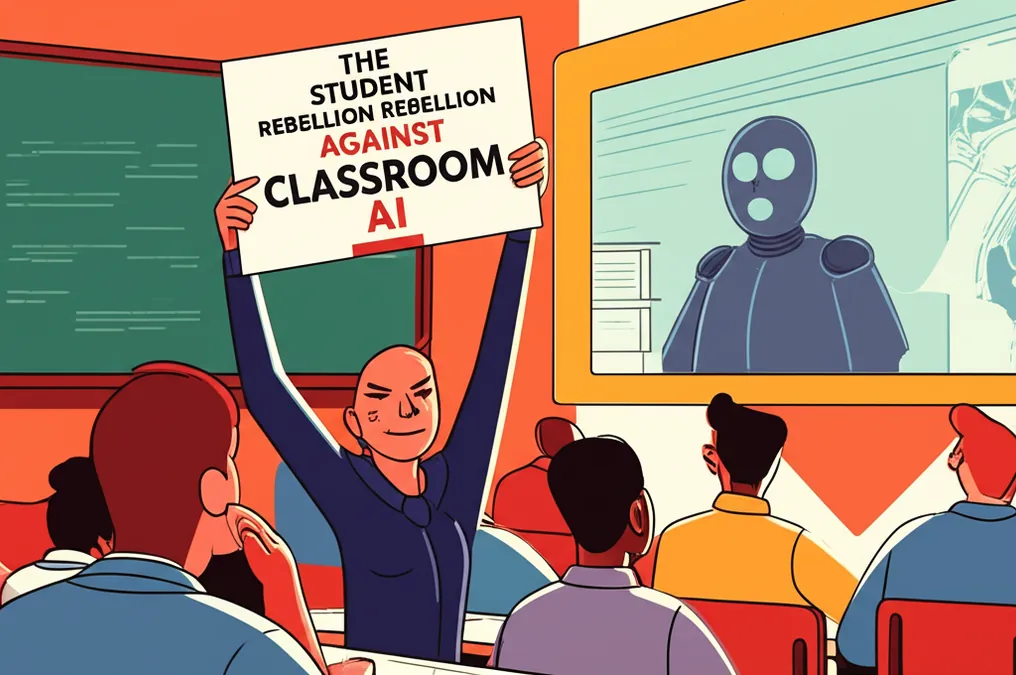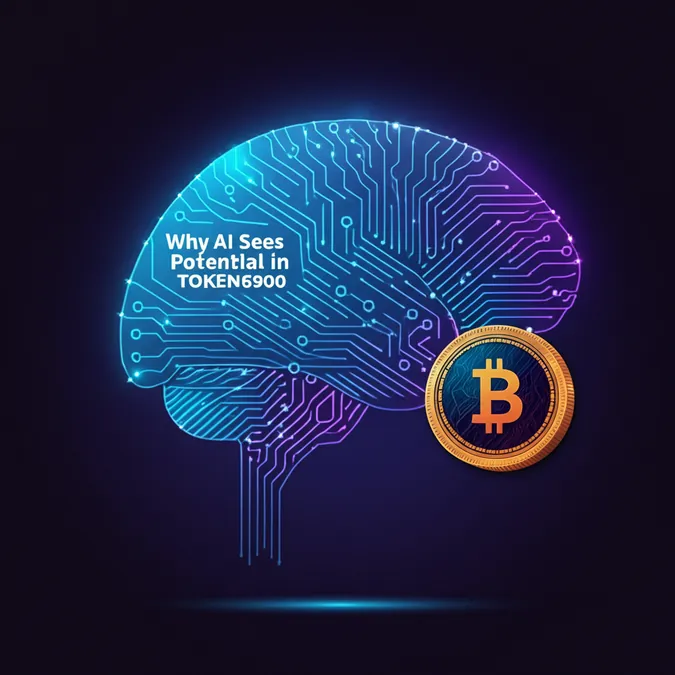Developer Offer
Try ImaginePro API with 50 Free Credits
Build and ship AI-powered visuals with Midjourney, Flux, and more — free credits refresh every month.
This AI Tool For Doctors Created A New Billionaire
How AI for Doctors Made Daniel Nadler a Billionaire
Daniel Nadler's journey with OpenEvidence, a startup designed to help physicians navigate the overwhelming sea of medical research, has culminated in a staggering $210 million funding round and a $3.5 billion valuation, making him a newly minted billionaire.
The Overwhelming Challenge for Modern Physicians
For doctors on the front lines, staying current with medical advancements is like trying to drink from a firehose. A new research paper is published globally every 30 seconds. Juggling this constant influx of information with the demands of seeing numerous patients daily creates a nearly impossible task, fueling widespread burnout.
"We talk about the golden age of biotechnology where there are new drugs and better drugs developed all the time. But it is like the dark ages for physicians because of burnout," explains Daniel Nadler, the cofounder and CEO of OpenEvidence. "There is this enormous firehose of information they need to stay on top of, and the human brain is limited in its capacity to read millions of studies."
An AI Solution to Tame the Information Deluge
Nadler, a Harvard Ph.D. who sold his previous company for $550 million in 2018, decided to tackle this problem with artificial intelligence. OpenEvidence's proprietary algorithms scan millions of peer-reviewed articles from top journals, including the New England Journal of Medicine and the Journal of the American Medical Association. The platform helps doctors find the best answers quickly, providing full citations so they can verify the source material themselves. The software operates on a model similar to Google—it's free for verified doctors and generates revenue through advertising.
"I think OpenEvidence looks like it’s going to be for healthcare what Google was for the Internet," said Kleiner Perkins billionaire chairman John Doerr, who invested both personally and through his firm. "It’s the free-for-physician model that’s the magic here."
Explosive Growth and a Soaring Valuation
Since its launch in 2022, Miami-based OpenEvidence has experienced meteoric growth, signing up over 430,000 physicians—40% of all doctors in the United States. The platform is adding new users at a rate of 65,000 per month and is now generating an estimated $50 million in annualized advertising revenue. This rapid adoption has attracted significant investor confidence. The company has raised $210 million, led by GV (Google’s venture arm) and Kleiner Perkins, at a $3.5 billion valuation, up from $1 billion in February. Other prominent investors include Coatue, Conviction, and Thrive Capital.
This new investment values Nadler’s 60% stake in the company at an estimated $2.3 billion. Cofounder and CTO Zack Ziegler, 30, holds a 10% stake worth about $350 million. Nadler secured his large stake by investing $10 million of his own money as the initial seed capital.
"One of the great things about being a second-time entrepreneur is, I’m not an idiot," Nadler stated. "I wanted to bet on myself."
The problem OpenEvidence addresses is massive and growing. The volume of medical literature doubles every five years, and the rise of AI in publishing and reviewing research has only intensified the challenge.
The Visionary Founder Behind the Breakthrough
Nadler grew up in Toronto, the son of Eastern European immigrants. A competitive and academically gifted student, he earned a Ph.D. in political economy from Harvard. Before OpenEvidence, he founded Kensho, an AI company for financial analysis, which he sold to S&P in 2018 in what was then the largest AI deal in history.
In 2021, he partnered with Zack Ziegler, a Harvard Ph.D. student in machine learning. Both were motivated by personal experiences with the healthcare system—Nadler’s grandfather died from a medical error, and Ziegler witnessed his brother-in-law's battle with leukemia. They saw an opportunity to apply AI to medicine with even greater impact than in finance.
Famed venture capitalist Jim Breyer, an early backer of Facebook, became one of OpenEvidence's first outside investors in 2022. "Daniel is an extraordinary entrepreneur," Breyer said. "The initial insight of applying AI to medical journals was simply brilliant."
Real-World Impact and the AI Accuracy Debate
Clinicians have quickly embraced the tool. Dr. Susan Wolver, an internist from Virginia, used OpenEvidence to devise a treatment plan for a passenger during an in-flight medical emergency. "I don’t think a day goes by when I don’t use it," she said.
However, some experts urge caution. Daniel Byrne, a lecturer at Johns Hopkins, points out that simply providing a reference isn't enough. "What I found that most people misunderstand is that up to half the medical literature is wrong," he noted, explaining that many studies are part of ongoing scientific debates.
Nadler counters this by emphasizing the quality of the data source. By focusing on the "gold standards of medical knowledge," he argues the platform minimizes hallucinations and extracts reliable information.
"AI is garbage in, garbage out, gold in, gold out," Nadler said.
Dr. Travis Zack, OpenEvidence’s medical director, adds that the tool empowers physicians to move beyond instinct. "What OpenEvidence does is allow physicians to not have to trust their gut," he said.
The Future of OpenEvidence and AI in Healthcare
While building an ad-based business is unconventional in health tech, Nadler is confident in the model, which allows the tool to remain free for doctors, creating a powerful feedback loop. As more doctors use the platform, the algorithms improve, attracting even more users.
Now, the company is pushing the technology further with DeepConsult, a new feature using advanced reasoning models to conduct in-depth research on complex topics. Investor Thomas Laffont of Coatue envisions a future where the platform becomes a central hub for medical diagnosis.
"You can squint to a world where OpenEvidence becomes the tool through which all that diagnosis is happening," he said. With its rapid growth and continuous innovation, OpenEvidence is on a clear path to redefine how doctors access and apply medical knowledge.
Compare Plans & Pricing
Find the plan that matches your workload and unlock full access to ImaginePro.
| Plan | Price | Highlights |
|---|---|---|
| Standard | $8 / month |
|
| Premium | $20 / month |
|
Need custom terms? Talk to us to tailor credits, rate limits, or deployment options.
View All Pricing Details

